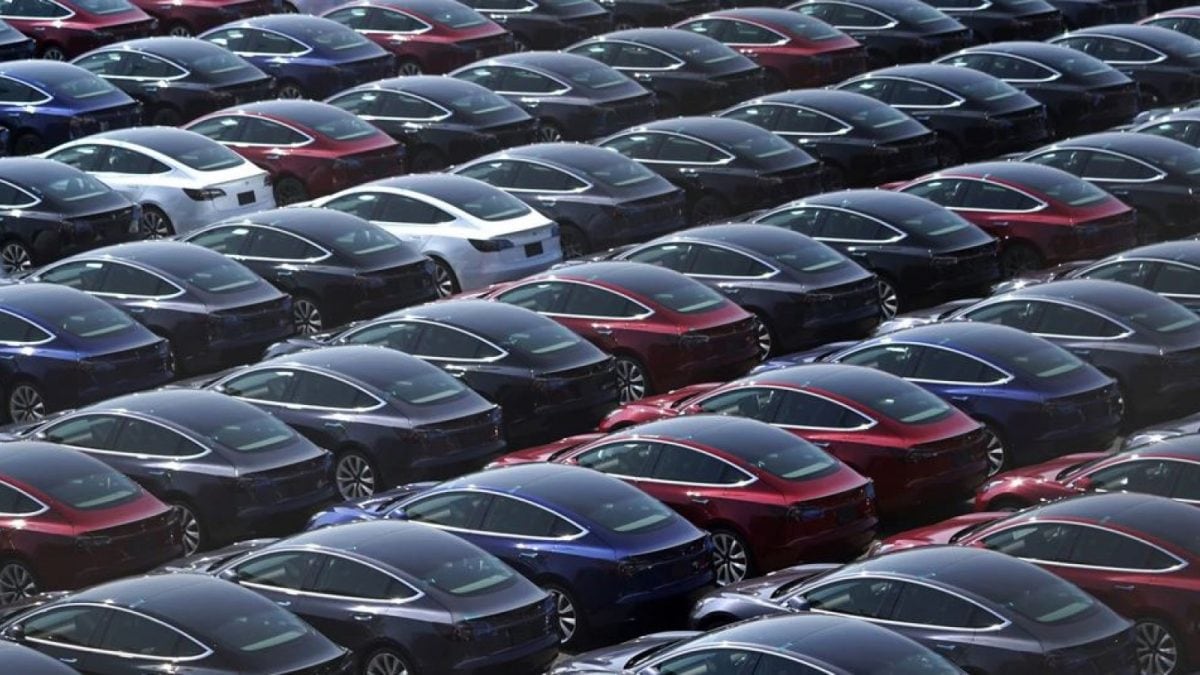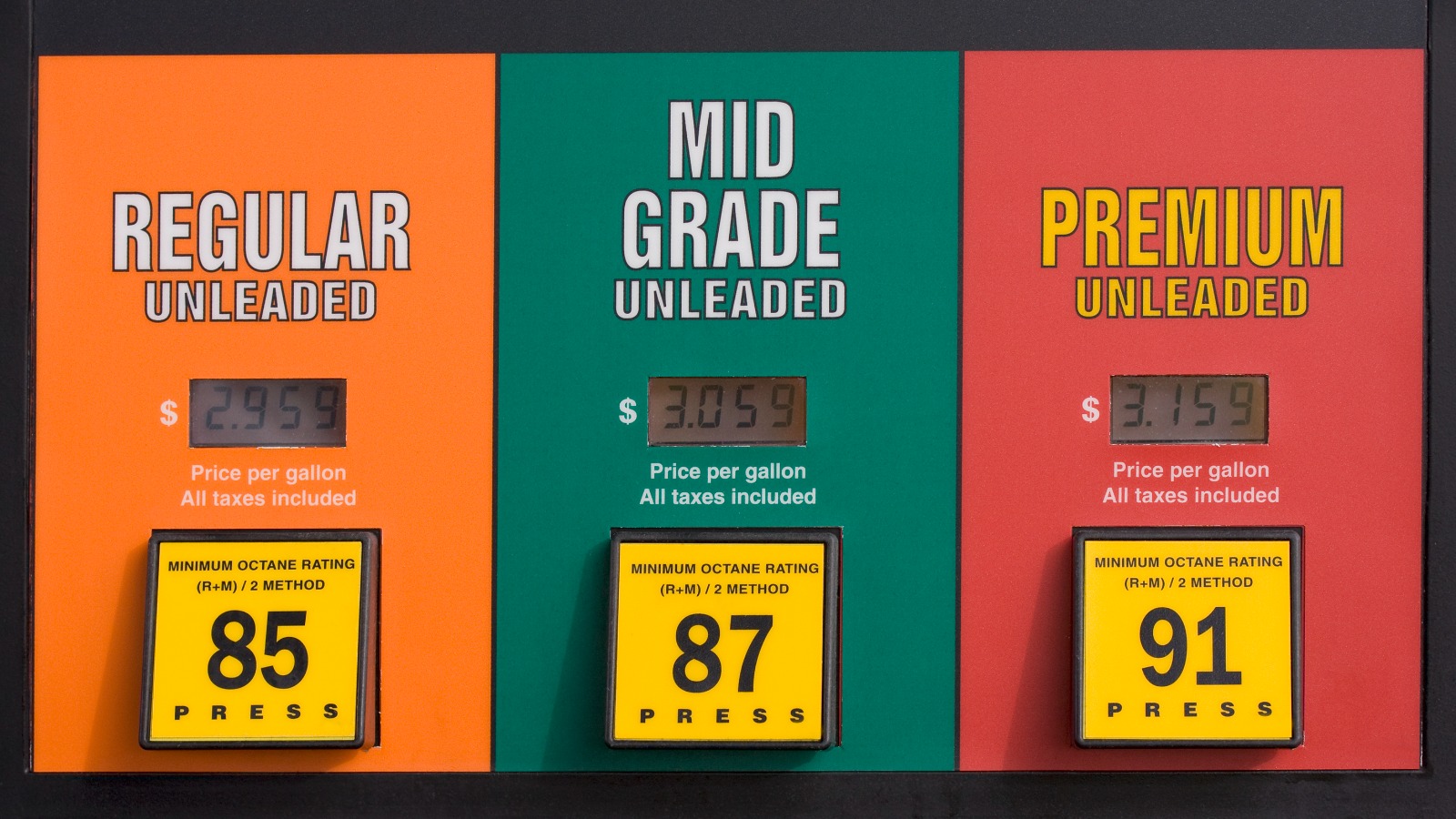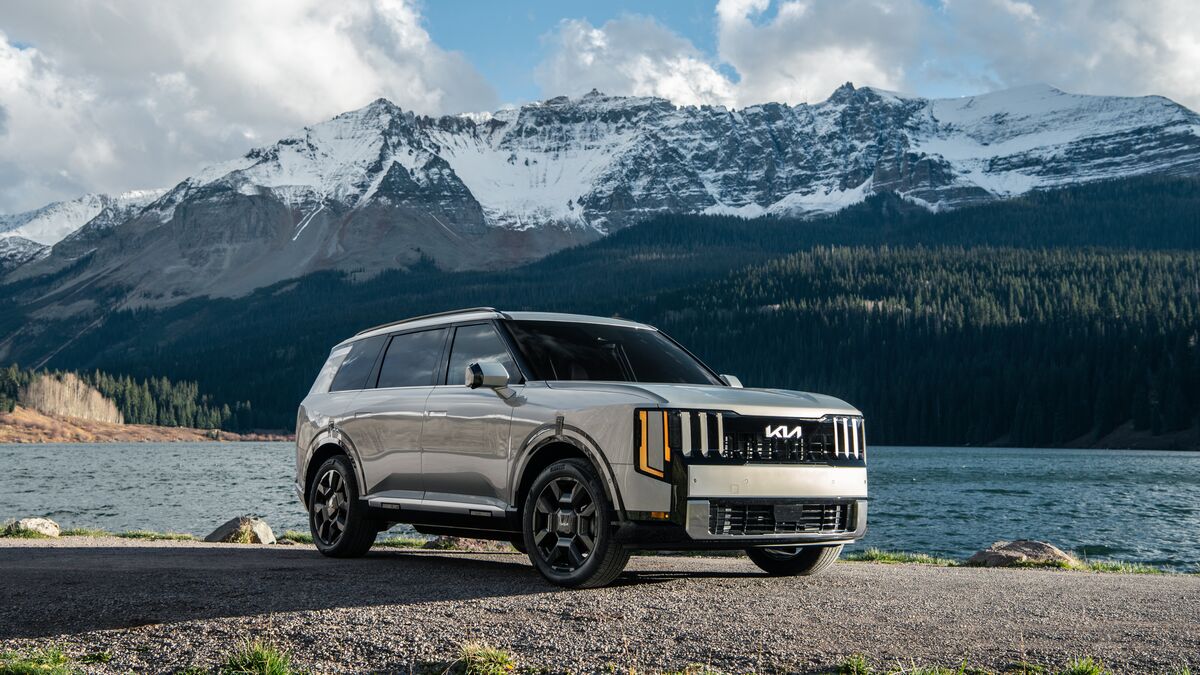Eighty-seven percent of shoppers who drove home a new electric vehicle (EV) in the U.S. so far in 2024 took advantage of a federal tax credit of up to $7,500, according to a new study. Most of those who bought a luxury EV and about half of those who bought a mainstream EV say the tax credit influenced their decision.
The numbers come from J.D. Power’s E-Vision Intelligence Report, a quarterly update on data relevant to electric car sales.
Up to $7,500 Off
Currently, the federal government provides a tax incentive of up to $7,500 toward the lease or purchase of a new electric car for many shoppers.
Related: How Do EV Tax Credits Work?
To qualify when purchasing a car, buyers must meet certain income caps, and EVs must fall under price caps. The incentives work only on vehicles built mostly in North America, and require that manufacturers use a minimum percentage of minerals from the U.S. or certain trade partners.
The latter two rules grow stricter every year in an attempt to make automakers shift supply lines outside of China.
Buyers can use the credit as a down payment.
Lessees qualify without any of the above restrictions – even expensive luxury EVs qualify for the credit when leased. The credit, however, goes to the lender, not the buyer. Most lenders use it to lower the final price.
Politically Imperiled
President-elect Donald Trump has signaled that he’d like to end the EV tax credit. The president can’t remove it. Only Congress can. That might prove politically challenging, as many automakers have built EV factories and battery plants in Republican-dominated states.
However, Trump could direct regulators to rewrite rules to make fewer Americans qualify.
Credit Selling More Luxury Cars
J.D. Power researchers found that 64% of those who bought or leased a luxury EV “say that tax credits and other incentives were a primary driver of their decision.” The numbers are lower for those who bought a more mainstream EV – just 49% “selected their vehicle based on tax credits and incentives.”
The difference may come down to the price cap. Many luxury EVs wouldn’t qualify as purchased cars but do qualify when leased.
“On average, consumers purchasing or leasing a new EV in 2024 saved $5,124 thanks to federal EV tax incentives,” the researchers write. “That’s up from $4,302 in 2023 and $1,629 in 2022.”
A recent study, however, showed that ending the tax incentive might reduce EV sales by just 27%.
It’s also unlikely to change automakers’ long-term strategy, as they must still compete in a global market shifting toward electric transportation and comply with other federal and state rules encouraging EV production.








